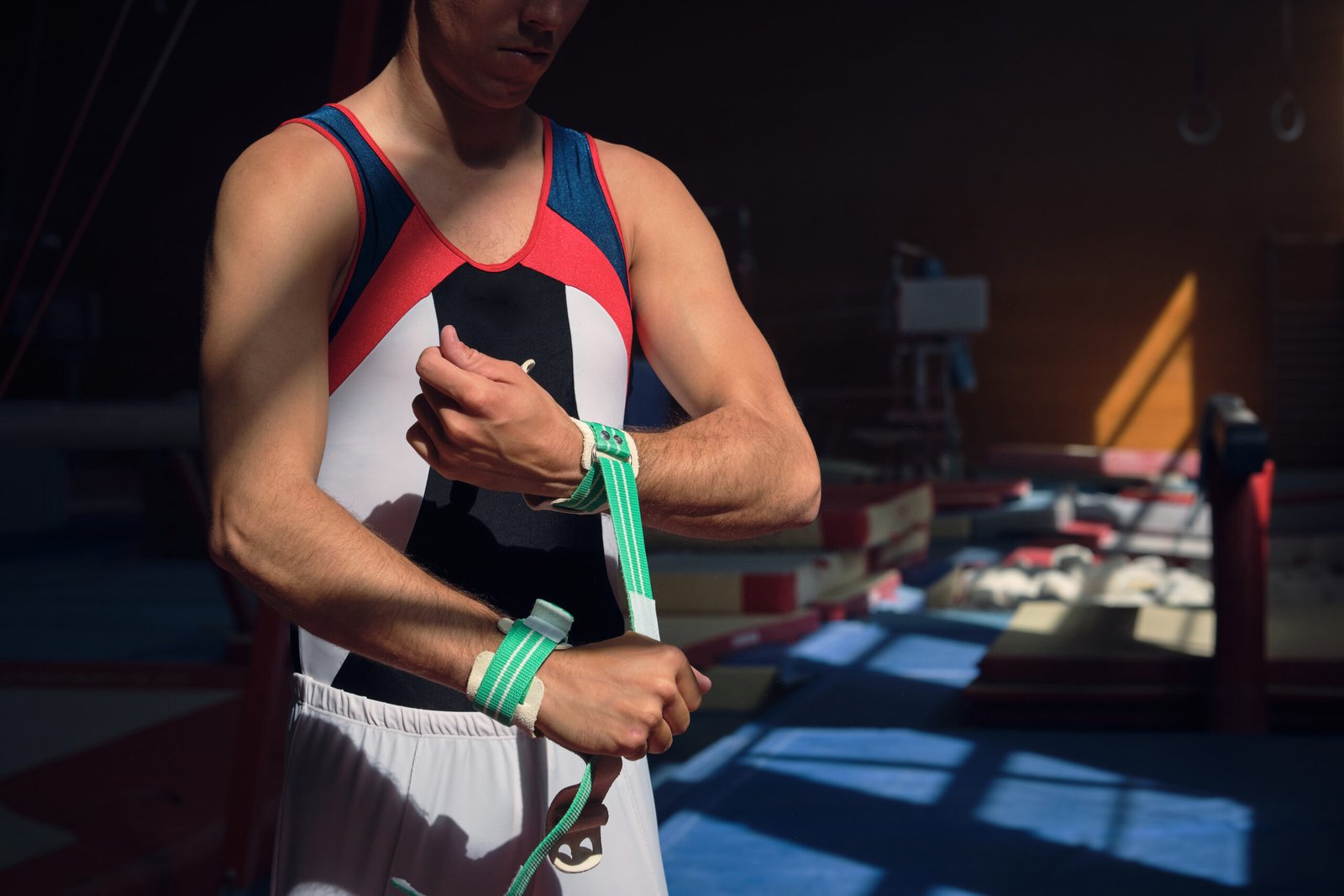Introduction
Hollywood icon Tom Cruise, known for his Mission Impossible flicks, has always encouraged actor mobility. Cruise, renowned for his pranks, is athletic and dedicated like athletes, as seen by his London rooftop sprint and rock climbing. This blog explores the intriguing hypothesis that Tom Cruise became an Olympic athlete from his high-octane films. We examine how his filmmaking may lead to Olympic success.
Tom Cruise’s Athletic Prowess in Film
Tom Cruise stands out in Hollywood as an action star who goes above and beyond. His sincerity makes his films, particularly “Mission Impossible,” riveting and realistic. His acting and athleticism may mimic Olympic athletes in this series.
Cruise’s climb of the Burj Khalifa in “Mission Impossible: Ghost Protocol.” was breathtaking. Cruise hung from the tower without a stunt double, demonstrating his power and agility.
The helicopter chase in Mission Impossible—Fallout was impressive. Cruise shows his physical and mental power in this sequence by flying a helicopter in spirals and nosedives. At the Olympics, competitors must focus and control their bodies.
Cruise is capable of Olympic sports that demand precision, strength, and endurance. Cruise may go from films to the Olympics because he obsesses about intricate maneuvers like athletes.
Olympic Sports Suited to Tom Cruise’s Skills
Fencing
Tom Cruise showed his accuracy and agility in dramatic sword-fighting sequences in “The Last Samurai,” which may be useful for Olympic fencing. Cruise showed fast reflexes, strategic thinking, and calmness under duress in his films, all necessary for fencing. His cinematic training included Kenjutsu, a swordsmanship discipline emphasizing quick, controlled motions and tactical forethought, similar to fencing.
Rock Climbing
In “Mission Impossible 2,” Cruise’s free solo rock climb showed his power and problem-solving abilities as he scaled the sheer wall. Sport climbing, an Olympic event that requires physical and mental endurance, requires these traits. As Cruise did in the film’s daredevil scenes, climbing competitors must swiftly analyze routes and adjust to them.
Sprinting
Film sprints are Tom Cruise’s specialty. His dashes, whether to escape opponents or beat time, show his cardiovascular fitness and quickness. Athletics like the 100m dash need fast-twitch muscles and rapid reaction. Cruise’s frequent high-speed chases and sprints suggest an Olympic short-distance track format.
Given his physical talent and attention to training, Tom Cruise may have been an intriguing Olympian and action hero in another universe.
Imaginary Training Regimen for Tom Cruise
Potential Training Schedule
Tom Cruise would need a customized training program to transform from a Hollywood action hero to an Olympic contender. This would require physical fitness, sport-specific training, and vital recuperation.
Physical Conditioning: Daily cardio and weight training are essential. Running, cycling, and swimming increase endurance, while weight training builds strength and agility.
Sport-Specific Training:
- Fencing: Training would involve hours of footwork, attack, and defense drills, along with practice bouts against opponents to sharpen reflexes and tactical thinking.
- Rock Climbing: This would include indoor and outdoor climbing sessions, focusing on improving grip strength, endurance, and technique. Problem-solving exercises would also enhance his ability to devise climbing strategies quickly.
- Sprinting: Sprint training would consist of short, intense workouts focusing on start technique, speed development, and efficient form. Plyometric exercises would complement this to boost explosive power.
Recovery: There would be rest days to heal muscles, and yoga and stretching exercises would make people more flexible and prevent injuries. Planning meals would help you get the right fuel and help your muscles heal.
Mental Preparation and Focus
You can’t forget about the mental side of training. Preparing for films with Tom Cruise often means learning hard skills and acting under pressure, much like being mentally tough for the Olympics. Among his lessons would be:
- Visualization Techniques: Just as he visualizes scenes before shooting, Cruise would practice visualizing his performances in each sport, focusing on every movement and outcome.
- Focus Drills are techniques for improving concentration and reducing distractions during competitions. They are crucial for sports like fencing, where mental agility is as important as physical agility.
- Stress Management: Learning to manage the pressures of competition through breathing exercises and mindfulness, skills likely honed during the intense shooting schedules of his films.
This made-up workout plan shows how Tom Cruise’s current skills and mental preparation for films could be used to handle the tough demands of Olympic sports. It shows how versatile and disciplined he is, qualities that make him an actor and could make him good at sports.
Challenges in Transitioning from Actor to Athlete
Physical Challenges
Moving from acting to the toughness of Olympic training is hard on the body in many ways. Tom Cruise is an actor known for doing stunts, so when he became an athlete, he would have to learn a whole new way to train. There are certain rules for each sport:
- Fencing necessitates mastering quick, precise movements and is an entirely different type of muscle conditioning than general fitness.
- Rock climbing involves significant strain on the upper body and joints, which, if not carefully managed, could lead to overuse injuries.
- Sprinting requires explosive power and could increase the risk of muscle tears, joint issues without proper conditioning, and a gradual increase in intensity.
Getting hurt is more likely as you get older and your body wears down from years of doing tricks, which makes the change even harder.
Mental and Emotional Challenges
Entering a competitive area like the Olympics later in life may be mentally and emotionally challenging. Early training develops abilities and mental toughness in athletes. Competing against lifelong athletes would be a psychological barrier for Cruise. He must:
- Adapt to the intense pressure and high stakes of Olympic competition.
- Overcome the frustration and setbacks of learning new sports at an advanced age.
- He must maintain motivation and confidence in a field where he is a newcomer, unlike in acting, where he is an established star.
Logistical Issues
Maintaining a busy shooting schedule and an Olympic training plan is very hard. Both jobs have a lot of requirements and take a lot of time:
- Training for the Olympics is a full-time commitment that might conflict with filming movies, promotional tours, and media appearances.
- Travel for competitions and training camps around the globe would need to be coordinated around shooting schedules, potentially causing conflicts and requiring high time management and flexibility.
Overall, the thought of Tom Cruise becoming an Olympic athlete is interesting, but many problems need to be solved. His physical and mental health would have to change, and his work and home obligations would have to change a lot.
Potential Impact and Legacy
Hypothetical Scenarios of Tom Cruise Competing at the Olympics
Imagine Tom Cruise competing in the Olympics opening ceremony. It would create unparalleled buzz. If Cruise fenced, he would bring lovers of the sport and millions of movie fans who may never have seen an Olympic fencing match. His rock climbing or running engagement would highlight their complexities and talents, perhaps raising worldwide interest and participation.
Broader Impact of a High-Profile Celebrity Participating in the Olympics
Tom Cruise’s engagement in the Olympics and his chosen sports would be significant:
- Increased Viewership: His participation likely boosts viewership figures as fans tune in to see how a film star competes against seasoned athletes. This heightened interest could translate into increased sponsorship and funding for these sports.
- Media Coverage: Media outlets would extensively cover his training progress and Olympic journey, providing these sports with exposure they might not typically receive. This could lead to more in-depth coverage of other athletes and the sport, benefiting the sports’ profiles.
- Public Interest: With a global star in the mix, people who might otherwise have little interest in the Olympics or certain sports might develop a new appreciation for the dedication and skill of all athletes involved.
Influence on Other Celebrities and Public Figures
Tom Cruise’s hypothetical leap from Hollywood to the Olympic arena could set a precedent for other public figures:
- Inspiring Celebrities: Seeing a star like Cruise take on such a challenge might inspire other celebrities and public figures to engage in sports, whether at competitive levels or for personal achievement and health.
- Charity and Awareness: Celebrities participating in sports can also leverage their platforms for charity, raising awareness and funds for various causes through their sporting endeavors.
- Changing Perceptions: It could help to dissolve the barriers between entertainment and athleticism, showcasing that with dedication and training, the transition is possible, encouraging a broader audience to take up new physical activities.
Tom Cruise’s involvement in the Olympics may influence sports, celebrities, and the public. This crossover would promote the sports and encourage new athletes and fans.
Conclusion
Tom Cruise, a Hollywood star known for his daring and athleticism, became an Olympian, an exciting combination of entertainment and athletics. Like Olympic athletes, his complex accomplishments, like Mission Impossible, show his power, discipline, and commitment. This hypothetical crossover illustrates that entertaining skills may become serious sports.
Cruise’s journey from film sets to Olympic arenas shows outstanding performers and athletes’ dedication and precision. Celebrity impact may increase sports knowledge and pleasure.
Call to Action
Do you believe Tom Cruise could be an Olympian? Which Olympic sport would he thrive in? See whether other actors can move to professional sports. In the comments below, join the conversation on the exciting overlap between entertainment and professional sports!





